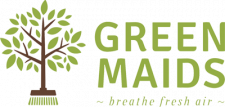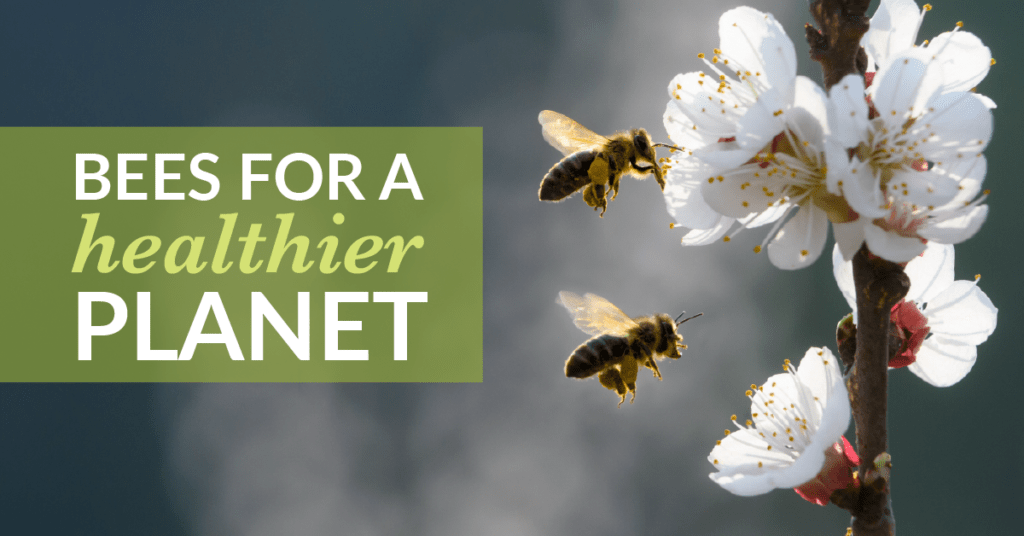Did you know that honey bees are responsible for pollinating 80% of all cultivated crops in the U.S., contributing over 15 billion dollars to the agricultural economy? Without the help of bees, we would lose essential fruits, vegetables, and nuts like apples, blueberries, carrots, onions, and almonds. At least one out of every three bites we eat has been pollinated by bees and their survival directly impacts the planet’s food security.
Each colony is home to upwards of 10,000 bees working within a complex social system to produce honey and beeswax and maintain the hive and population. Sadly, 25% of North America’s native bees are currently in danger of extinction. The causes for the decline in bee population are numerous, the most well-known being the sudden, unexplained disappearance of worker bees from a colony, known as Colony Collapse Disorder. Though CCD has declined in recent years, other dangers to bees have increased, including the use of pesticides that harm ground-nesting bees; parasites like mites who feed on bees; and the effects of climate change like drought, wildfires, and flooding that destroys bee habitats and food sources. Heavy rainfall in the Northeast during the winter of 2021 meant bees had limited time to forage for food, causing New Hampshire beekeepers to lose 50-70% of their colonies.
Here are 3 steps you can take to help save the bees:
1. Plant a garden
This is especially important for city-dwellers, where bees have fewer sources of food. Ask about pollinator-friendly plants at your local nursery and if you don’t have the space for a garden, window boxes or flower pots will work as well to attract bees. Favorites include perennials like poppies, coneflower, and hosta; annuals like sunflowers and cosmos; and herbs like lavender and rosemary.
2. Buy local honey
You’ll not only support your local beekeepers, whose bees support local agriculture, but local honey contains small amounts of pollen from plants the bees feed on, which can help mitigate seasonal allergies. Large-scale producers filter out pollen and often add corn syrup or sugar to honey.
3. Go organic
Avoid using pesticides and chemical fertilizers on your lawn and garden and use compost and organic products instead. This will improve soil health as well as being safe for bees.


